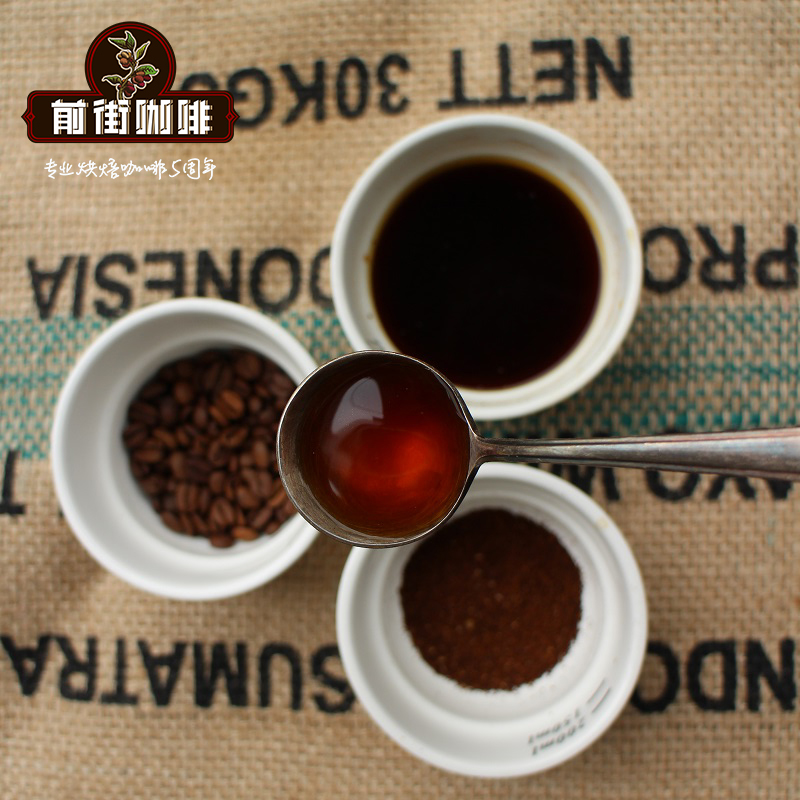Do you know that Brazilian coffee is black coffee? how to drink Brazilian coffee?

Professional coffee knowledge exchange more coffee bean information please follow the coffee workshop (Wechat official account cafe_style)
Brazil is known as the kingdom of coffee. It is the largest coffee producer and exporter in the world. Coffee production accounts for more than 30% of the world's coffee production. 1 / 6 of the world's coffee is produced here. Brazil is also the second largest coffee consumer in the world after the United States. About 300000 farmers here are engaged in the coffee industry. It not only carries the important task of Brazil's economic development, but also affects the development of coffee in the world. You know, the vast majority of instant coffee is made from Brazilian coffee.
Although Brazil produces 30% to 35% of the world's coffee annually, ranking first in the world, it is a pity that none of the Brazilian beans can be called the top coffee. There are coffee trees all over the mountains, distributed in the southern part of Brazil. Compared with other coffee-producing countries in Central and South America, Brazil is significantly lower, with farms mostly about 600-1000 meters above sea level, and even South Minas, Serrado and Mojiana, the three major boutique producing areas, rarely exceed 1300 meters. Brazil's terrain is too flat and monotonous for coffee cultivation and lacks a microclimate that gives coffee rich flavor factors, making it more suitable for growing shade-free Kaddura, New World and Kaduai.
There are many kinds of Brazilian coffee, it is difficult to say that it has any special flavor, no outstanding advantages, no obvious disadvantages, most of them are medium acid, taste lubrication, mainly mild and smooth, mellow and sweet, its softness makes it mixed with other coffee beans, the taste will not change much; and the oil is relatively rich. So Brazilian coffee beans are best mixed with other coffee beans to make espresso, which forms a golden foam on the surface of espresso and gives the coffee a slightly sour taste and a long finish. In fact, all the big coffee roasters have some Brazilian coffee in their blends.
Datra Manor coffee has an obvious sense of sweetness that you can't ignore. The sweetness of caramel and maple syrup, in addition to maintaining the balanced and moderate taste of Brazilian coffee, because it is a blend of multiple varieties, it enhances the rich sense of hierarchy and mellow thickness. in particular, you can clearly feel a soft but unique acid, which is rare in ordinary Brazilian coffee. And change the weakness that Brazilian coffee has no aftertaste.
Black coffee
The so-called black coffee is different from the coffee machine, with steaming, brewing and other ways to make coffee, drinking generally without sugar or milk.
There are many names for black coffee. For example, Shanghainese are used to calling it "black coffee", Hong Kong people call it "Zhai coffee", and some people often say that it is "pure coffee". In fact, they all describe this kind of coffee without sugar or milk. In fact, for those who are not used to drinking black coffee, first taste its original taste, and then add the right amount of sugar or milk, is also possible, slow transition!
Black coffee can also be divided into single coffee and blended coffee, which is made from one kind of beans, and blended coffee is made from at least two kinds of beans.
Among them, the "boutique coffee" that is often mentioned now refers to the coffee made from individual coffee beans with a score of more than 80 points, which belongs to individual coffee.
The coffee we see using siphon pots, mocha pots, hand pots, French presses and other utensils, including hanging ear coffee, are also black coffee.
END
Important Notice :
前街咖啡 FrontStreet Coffee has moved to new addredd:
FrontStreet Coffee Address: 315,Donghua East Road,GuangZhou
Tel:020 38364473
- Prev

What is the price of kona coffee in Hawaii | what is the flavor of kona coffee made by hand?
More information on coffee beans Please follow Coffee Workshop (Wechat official account cafe_style) Kona, Hawaii, is a rare species that can only be grown on volcanic slopes in the Kona region of Hawaii. The taste is rich and mellow, with a mixed aroma of wine, fruit and spice, with a special flavor. The Kona coffee of choice has a moderate sour taste and
- Next

How to drink Brazilian black coffee correctly | what is the taste of Brazilian coffee beans?
Professional coffee knowledge exchange more coffee bean information please follow the coffee workshop (Wechat official account cafe_style) in fact, American coffee is Italian espresso mixed with water. The taste is not as exciting as the Italian style, but it retains the unique acidity and bitterness of the coffee and a long-lasting finish. Have a drink in the morning, feel full of ceremony and awaken your energy throughout the day. Most coffee in China
Related
- Beginners will see the "Coffee pull flower" guide!
- What is the difference between ice blog purified milk and ordinary milk coffee?
- Why is the Philippines the largest producer of crops in Liberia?
- For coffee extraction, should the fine powder be retained?
- How does extracted espresso fill pressed powder? How much strength does it take to press the powder?
- How to make jasmine cold extract coffee? Is the jasmine + latte good?
- Will this little toy really make the coffee taste better? How does Lily Drip affect coffee extraction?
- Will the action of slapping the filter cup also affect coffee extraction?
- What's the difference between powder-to-water ratio and powder-to-liquid ratio?
- What is the Ethiopian local species? What does it have to do with Heirloom native species?

